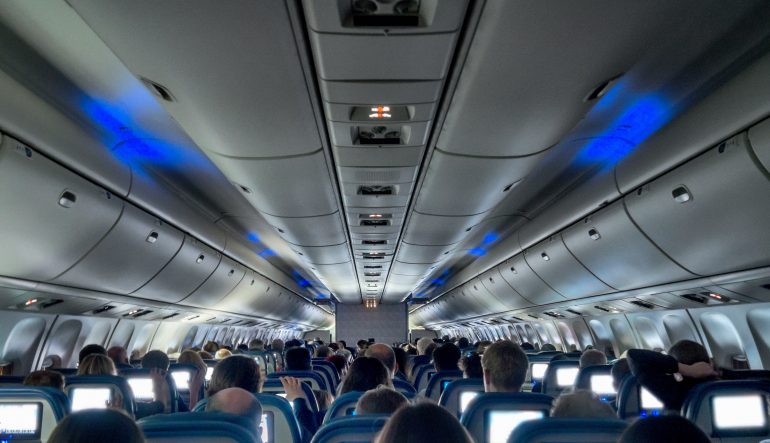We looked earlier this week at Good Samaritan laws in different countries. But who protects Good Samaritans on flights?
A Good Samaritan describes someone who helps in an emergency, without expectation of a reward.
Legally, it is considered to be anyone who renders aid in an emergency to an injured or ill person. If that person is unconscious or unresponsive – as is the case in the event of sudden cardiac arrests – a Good Samaritan can help on the grounds of implied consent.
Good Samaritan laws exist to protect these altruistic aiders from subsequent liability if something goes wrong – or to put it another way, their attempt to save someone fails.
This article (West, Varacallo: 2020) provides an excellent summary of Good Samaritan laws and their associated challenges. One such challenge is, which country’s laws apply to international flights?
Emergencies in the air
A 2018 review of in-flight medical emergencies (Martin-Gill et al) estimated 24 to 130 emergencies per 1 million passengers.
That doesn’t sound like a lot – until you run some numbers. That same year, British Airways carried nearly 47 million passengers.
That’s one airline. Its passengers, based on the review figures, experienced between 1,128 and 6,110 in-flight medical emergencies in a single year.
In 2019, US airlines carried 925.5 million people. Here’s a calculator if you’d like to take a moment to do the math.
In many of these cases, airline staff provide assistance. Frequently, other passengers are also asked to step in and help.
Related article: is anyone here a doctor? The folly of relying on others to step in.
On the tarmac, the laws of that country apply to whatever happens on board the plane.
In the air however, it can start to get confusing. Which jurisdiction’s laws apply when a plane is in international airspace?
This question led to the creation of the Tokyo Convention, the much catchier shorthand for the Convention on Offences and Certain Other Acts Committed on Board Aircraft.
Under the Tokyo Convention, the laws of the aircraft’s country of registration apply to what happens in-flight.
This also applies to Good Samaritan laws – meaning someone who steps in to help another’s medical emergency should be covered by the airline country of origin’s Good Samaritan laws.
Usually, the Tokyo Convention is evoked in the context of people engaging in criminal acts on planes, not humanitarian acts.
If someone has a medical emergency mid-flight however, they’re a long way from a hospital. The altruistic actions of community first responders need to be protected, even in the air.



